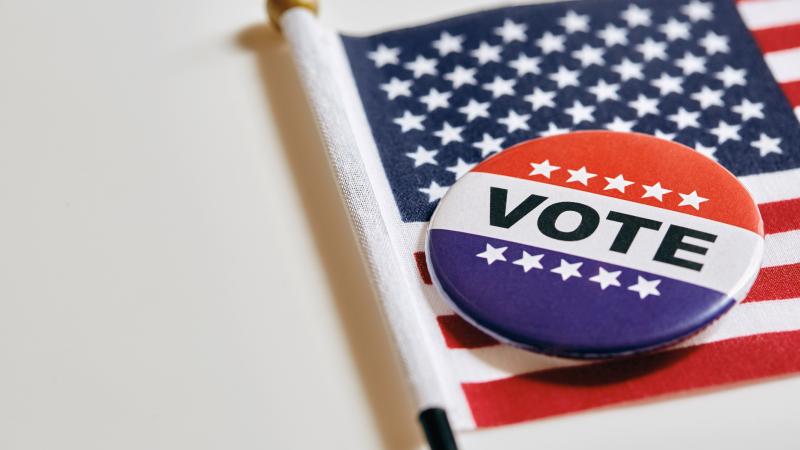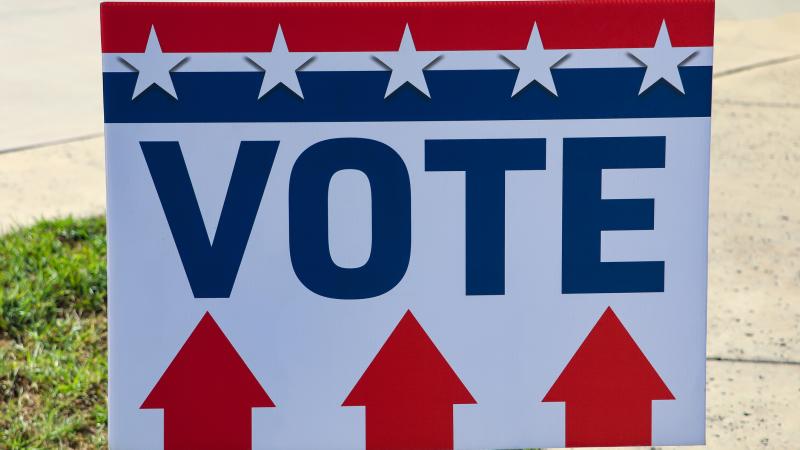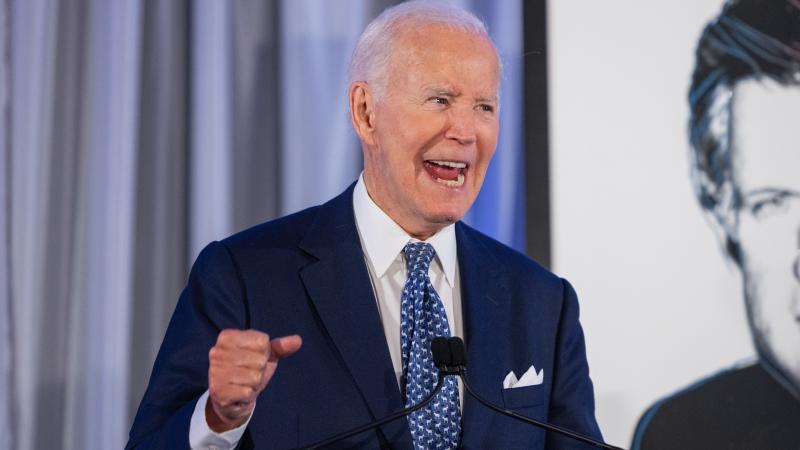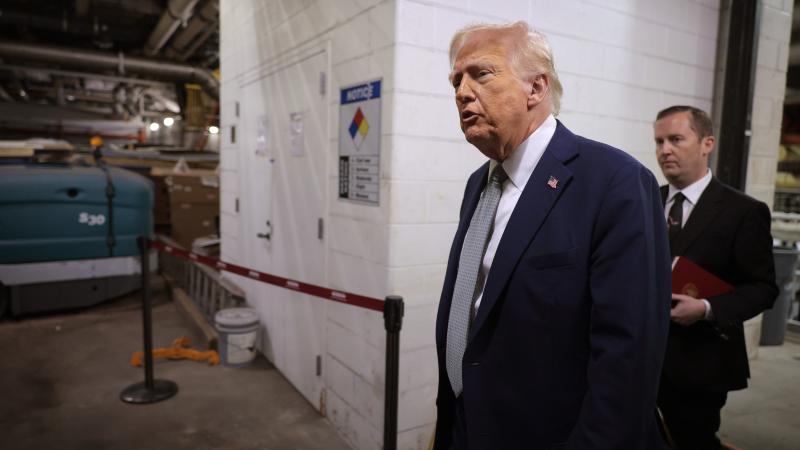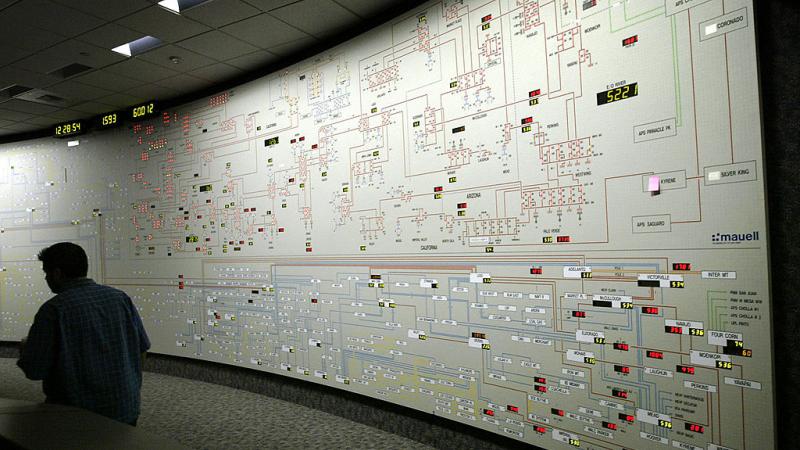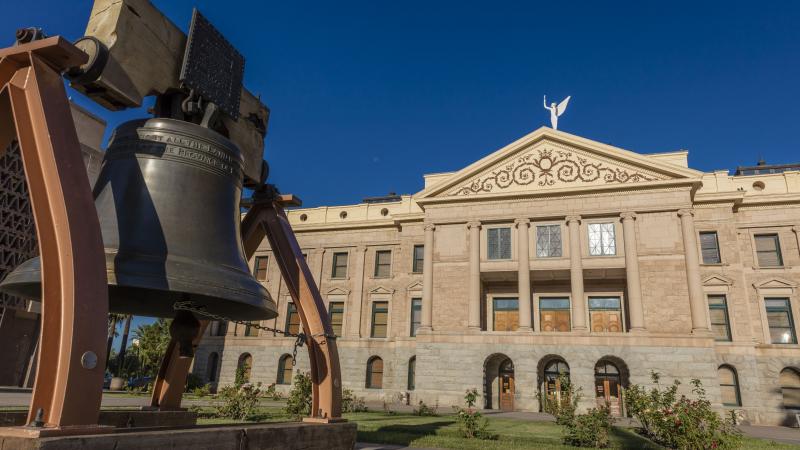Top DOJ official threatens to punish states that don’t clean up voter rolls, follow law
Though many blue states protest, states are required to submit voter data to the DOJ under federal election laws to enable verification of voter eligibility, prevent non-citizens from voting illegally, and detect duplicate registrations or multiple votes across jurisdictions.
Assistant Attorney General for Civil Rights Harmeet Dhillon announced that states that do not comply with Justice Department requests to examine voter rolls face lawsuits, eight of which have already been filed.
"We've been asking states to produce the data of their voter rolls, to be able to make sure that they only have citizens on the rolls and that they don't have duplicates and have people voting in multiple jurisdictions," Dhillon told Just The News. "So we've had to file eight lawsuits throughout the United States to enforce our data requests, which is something that they have to comply with under the Voting Rights Act and Civil Rights Act of 1960."
The eight lawsuits referenced are against the states of California, Michigan, Minnesota, New Hampshire, Pennsylvania, New York, and most recently, Oregon and Maine.
The DOJ has asserted that these states are not complying with federal laws, specifically the National Voter Registration Act (NVRA) and the Help America Vote Act (HAVA). These laws require states to maintain accurate and accessible voter registration records.
Since voter data should be accessible, the DOJ is seeking comprehensive voter registration lists that include information like names, date of birth, addresses, state driver's license numbers and the last four digits of Social Security numbers.
Dhillon: An important task "neglected"
President Donald Trump rallied crowds throughout his campaign on election integrity issues following significant skepticism surrounding the 2020 general election. Pressure has mounted on the DOJ to clean up voter rolls and ensure "one person, one vote" for only lawful citizens. According to Dhillon, utilizing her DOJ division's employees to ensure this is accomplished is novel to many of them.
Dhillon said, "This is an important task and tool that has really been neglected. In fact, when we started to bring these cases, some of the legacy lawyers in the Civil Rights Division told us that they were unfamiliar with how to do these cases. They've never been done in the Civil Rights Division before. So we were proud to bring back these statutes and enforce them."
Another issue facing special elections, taking place November 4, is having poll watchers present, which can be provided federally by the DOJ at a candidate's request. Dhillon noted that they will be sending lawyers to multiple jurisdictions in California, where a redistricting measure is on the ballot, and in Passaic County, New Jersey, for their statewide election of assembly members and governor.
Watching the poll-watchers
According to Dhillon, Democrats in these areas have been reticent about allowing poll-watchers into their state. "This has met with some resistance by some state officials. [California] Governor Newsom has gone nuts on criticizing this, but I don't recall ever hearing him object, or prior Democrat governors objecting when the Democrat Department of Justice sent election monitors to these jurisdictions."
"And so turnabout is fair play. We're just responding to requests from folks. I don't know why anybody should be concerned about federal monitors when this is something that's been done in many elections in the past."
Many states have expressed concerns about the legality of the DOJ's requests. Some have cited state laws that prevent them from sharing sensitive personal data. States like Michigan and Pennsylvania are preparing to challenge the DOJ in court.
